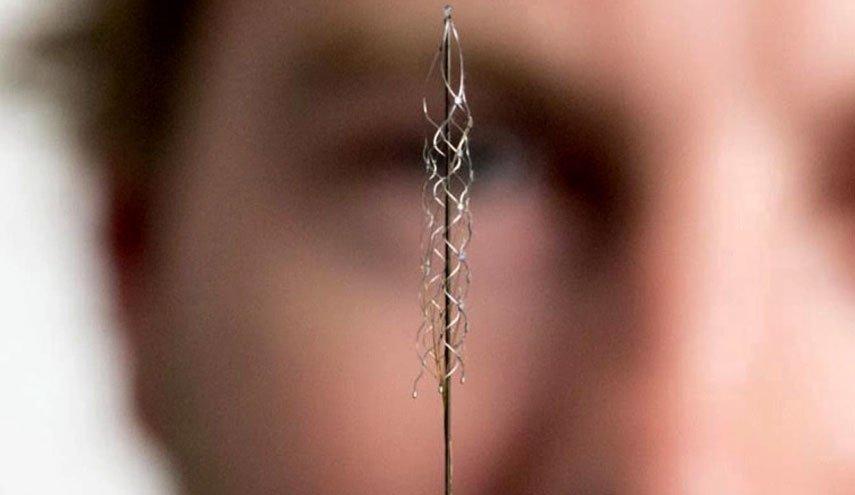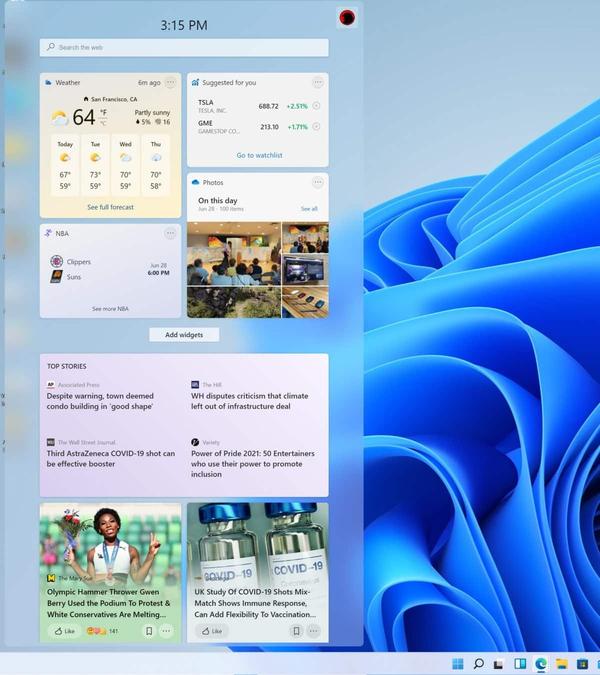10 things you can do to help save the Earth
Climate change has become the issue of our time. Everyone is now experiencing significant changes in weather patterns, and hears about the increase in sea levels that scientists predict will cause catastrophic floods all over the world, which will threaten food production.
Although there are movements and attempts at the state level that call for stopping the continuation of harming the planet, in order to avoid certain future damages, individuals must also contribute to this.
There are so many things you can do every day to help save the planet, here are ten of them:
1- Plant one or two treesIn 2018, according to the report of the United Nations Intergovernmental Panel on Climate Change (IPCC), it is possible to reduce global warming to (1.5 degrees Celsius) by 2050 if there is an estimated forest area With 2.5 billion acres. This is a very large number of trees, but each person planting one or two can contribute to solving the problem.
A single young tree can also absorb an average of five kilograms of carbon dioxide each year. Once a tree is 10 years old, it can absorb (21 kilograms) of carbon dioxide per year, when it is in its most productive stage of carbon storage.
Trees also remove all kinds of other harmful gases from the air, including sulfur dioxide, nitrogen oxides and small particles.
2- Ditch the plasticThe statistics on human plastic consumption are shocking, with people around the world buying one million plastic water bottles every minute and using up to five trillion single-use plastic bags every year. Humans are addicted to plastic, and barely about 9% of it is recycled and eight million tons end up in the ocean each year. This cycle can be broken by stopping buying bottled water.
So avoid plastic shopping bags and use cloth bags instead. Plastic bags are not biodegradable and cannot be recycled. They often end up polluting the ocean and infiltrating food sources.
3- Water ConservationSave your personal water usage, by turning off the water tap while brushing your teeth and shortening your shower time by just two minutes, for example.
Repairing water leaks in your home also contributes to preserving the planet, as a leaky faucet may drop up to 340 liters of water into the sewer per day, according to the US Environmental Protection Agency.
4- Walking and using the bike Try to keep your car off the road two days a week or more. This will reduce your car's greenhouse gas emissions by an average of 721 kilograms annually, according to the US Environmental Protection Agency.
Use the car alternative, such as cycling, and if you can take advantage of local mass transit or carpooling.
5- Reuse and Recycle - Don't throw away perfectly good stuff just because you're tired of it or don't use it anymore. Instead, donate it to a local charity shop, or list it on a free online collection site.
- Paper recycling If an office building of 7,000 workers recycled all of its office paper waste for a year, that would be the equivalent of taking about 400 cars off the road, according to the US Environmental Protection Agency.
- Recycling glass and aluminum, it is possible to make twenty cans after recycling them with the same amount of energy needed to make a new one, and every ton of recycled glass saves nine gallons of used oil as fuel for the production of new glass.
6- Eating sustainable foods – buying food directly from farmers, as the food industry causes about 25% of greenhouse emissions.

Eat more whole grains, vegetables, fruits, and nuts, and reduce red meat and processed foods.
- Grow your own fruits and vegetables.
- Vegetarian Day You don't have to give up meat for life, but try to stick to one meat-free day every week.
7- Energy saving
- Turn off your computer when you are done with your work. This reduces the energy you use.
- Turn off the lights when you are not in the room, do this if you are leaving the room for more than fifteen minutes.
– Use energy-saving light bulbs Energy-saving light bulbs are a simple way to reduce the amount of energy you use.
8- Do not send chemicals to nature
- Recycle your cell phone, give it to charity, 130 million cell phones are thrown away every year, and if you go to waste sites, the toxins from the cell phone battery seep into the soil and pollute the earth.
- Using rechargeable batteries, as the corrosive acid in the batteries severely damages the soil when it ends up in landfills.
Choose non-toxic chemicals in the home and office.
9- Providing resources
- Use less paper, try to be as paperless as possible. When absolutely necessary, print on both sides of the page. And don't forget to recycle it.
- Buying used items, you can buy a bicycle for your child, for example, from another family that you no longer need, this saves you money and helps reduce packaging materials.
- Buy local products, buy local products, it saves all the pollution caused by long-distance transportation of goods.
10- Electronic alternatives - Using electronic tickets saves paper and money.
Paying bills online is fast, convenient, and saves time, energy, and paper.
- Look at news and electronic newspapers, and if you use paper newspapers, do not throw them away, and be sure to recycle them, and then you are saving green trees and saving the planet.








